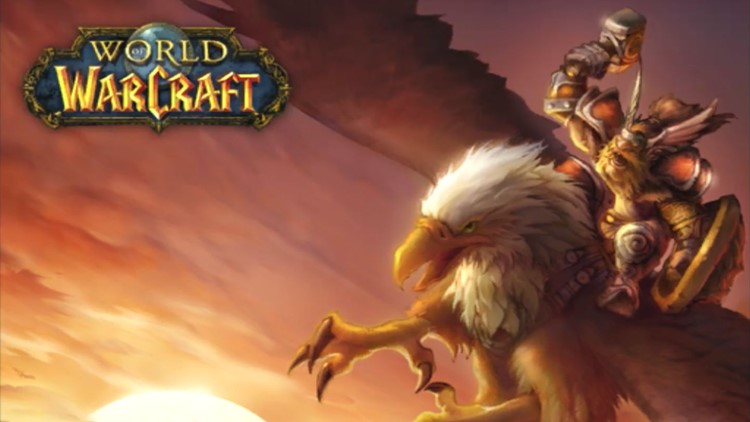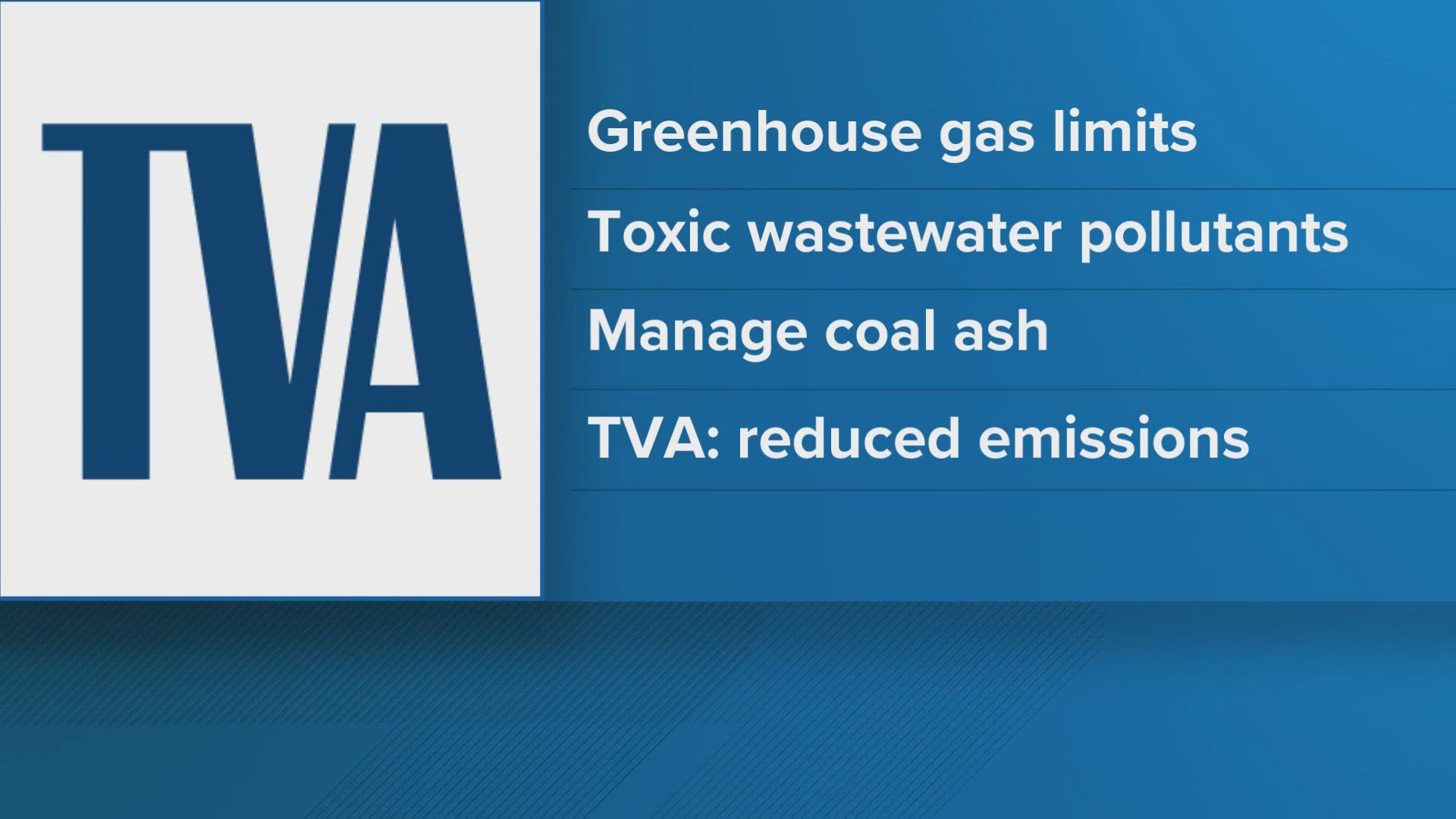KNOXVILLE, Tenn. — In the battle against the coronavirus, World of Warcraft may have predicted the future.
It began with an unintentional 2005 game glitch that ended up simulating a viral outbreak within the massively popular multiplayer online game.
A small number of players found an exploit with a certain spell that allowed them to intentionally 'infect' others who came close to them, and infected players would then unintentionally spread it to others in densely populated areas of the game world -- multiplying the 'virus' like wildfire to the point it spread endlessly and created a "virtual pandemic."
The glitch became a rare opportunity for University of Tennessee professor Nina Fefferman to analyze how the world might react to a real life pandemic.
Thirteen years after her research published, it began to come true as the world reacted to COVID-19.
"Unfortunately I feel kind of vindicated in ways that make me feel slimy and creepy," Fefferman said.
She said as the infection spread in Blizzard Entertainment's World of Warcraft, so did confusion—and even conspiracy theories.
"Even though Blizzard, the company that made World of Warcraft, said 'Oh no, this is a glitch. We're sorry,' and there were a lot of conspiracy theories about maybe it was a released world event on purpose," she said.
And just like in real life, first responders were the first at risk from infection.
"We saw people rushing in to help as healers and casting spells, but then if they weren't very careful or practiced about it, they acted as continued positive transmission," Fefferman said. "So this would be the equivalent essentially of not having the appropriate PPE for our medical staff."
Reaction from players ran the gamut. Some locked down and decided not to log into the game at all, Fefferman said. Others didn't understand or didn't care about the damages from spreading the virus, which often led to lower-level characters dying in game.
"Either because they enjoyed the chaos it was creating or they didn't understanding the imposition it put on lower level players. And to them that wasn't a big imposition," she said.
It wasn't until Blizzard administered a "vaccine" in the form of a game patch that prevented the initial exploit allowing the virus to spread that the virtual pandemic ended.
But the way players decided how to confront the virus was Fefferman's "aha moment." Most asked their friends: how seriously are you taking this?
"What are you doing? Let me benchmark my understanding," she said. That's where experiments afterward could do some good.
Now, her work at UT continues. She analyzes the way people react to infections around them—fifteen years after a video game glitch predicted it.



